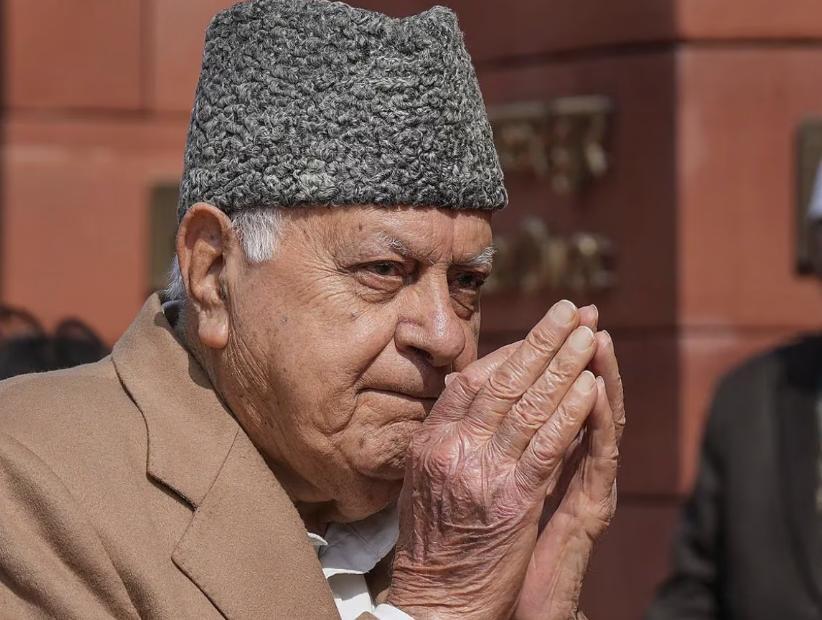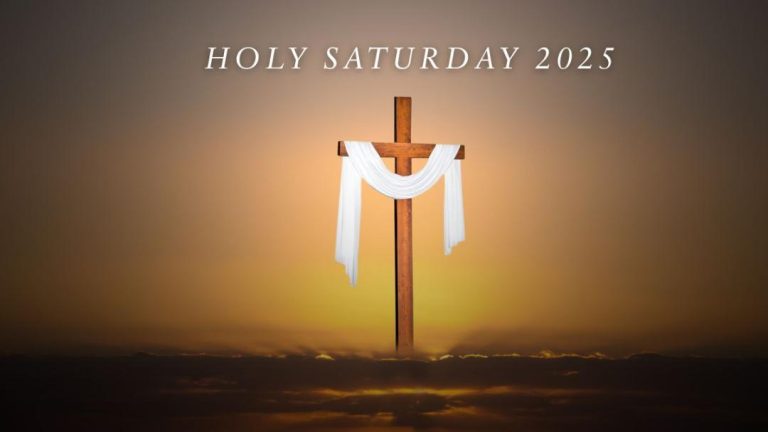
Title: Ex-R&AW chief Dulat claims Farooq privately backed Article 370 abrogation, he denies
In his latest book, “The Chief Minister and the Spy”, former R&AW chief AS Dulat has made some startling claims about the abrogation of Article 370. According to Dulat, former Jammu and Kashmir Chief Minister Farooq Abdullah privately backed the move to scrap the contentious article, which granted special status to the state.
Dulat, who has been a key player in India’s intelligence and political circles for decades, claims that Abdullah’s National Conference (NC) suggested that the move would have helped in passing the bill. The book is a memoir of Dulat’s experiences as a spy and his interactions with various politicians, including Abdullah.
However, Abdullah has denied Dulat’s claims, calling them a “figment of imagination” and stating that he had never supported the idea of abrogating Article 370. The former chief minister has also questioned Dulat’s motives, saying that he was trying to sensationalize the book.
The controversy surrounding Dulat’s claims has sparked a heated debate about the true intentions of the Indian government and the role of the NC in the process leading up to the abrogation of Article 370. Many have questioned whether Dulat’s claims are based on facts or are simply attempts to sell his book.
Article 370, which was enshrined in the Indian Constitution in 1949, granted special status to Jammu and Kashmir, giving it autonomy in matters of governance and economy. The article was seen as a symbol of the state’s distinct identity and was fiercely guarded by its people.
However, over the years, the article had become a source of tension between the Indian government and the people of Jammu and Kashmir. The government had long sought to revoke the article, citing concerns about national security and the state’s integration with the rest of the country.
In August 2019, the Indian government, led by Prime Minister Narendra Modi, made the surprise move to scrap Article 370. The decision was seen as a major victory for the BJP, which had long campaigned to revoke the article.
However, the decision was met with widespread protests and violence in Jammu and Kashmir, with many people fearing that the move would lead to the erosion of the state’s autonomy and the suppression of its cultural identity. The state was also placed under a military lockdown, with thousands of troops deployed to maintain order.
The controversy surrounding Dulat’s claims is the latest twist in the ongoing debate about the abrogation of Article 370. While some have hailed the move as a bold step towards national integration, others have criticized it as a violation of the state’s rights and a threat to its very existence.
In his book, Dulat claims that Abdullah had privately met with him to discuss the possibility of revoking Article 370. According to Dulat, Abdullah had suggested that the move would have helped in passing the bill, as it would have given the NC an opportunity to present itself as a pro-India party and gain leverage in the state.
However, Abdullah has denied Dulat’s claims, saying that he had never supported the idea of abrogating Article 370. In a statement, Abdullah’s spokesperson said that Dulat’s claims were “baseless” and “slanderous”.
“The author of the book claims to be my friend, but it seems that he has a vivid imagination,” said the spokesperson. “Farooq Abdullah has always been a strong advocate for the rights of the people of Jammu and Kashmir, and he has never supported the idea of revoking Article 370.”
The controversy surrounding Dulat’s claims has sparked a heated debate about the role of the NC in the process leading up to the abrogation of Article 370. While some have questioned whether Dulat’s claims are based on facts, others have praised the former R&AW chief for shedding light on the behind-the-scenes maneuvering that led to the decision.
Regardless of the truth behind Dulat’s claims, the controversy is a reminder of the complex and often contentious politics surrounding the abrogation of Article 370. The move has sparked a global debate about the rights of the people of Jammu and Kashmir and the implications of the decision for the region and the world at large.
As the debate continues, one thing is clear: the abrogation of Article 370 has set off a chain reaction of events that will have far-reaching consequences for the people of Jammu and Kashmir and the rest of the world.
News Source:
https://repository.inshorts.com/articles/en/PTI/5880e3bf-0a05-40d6-887a-465b5c760b3a






